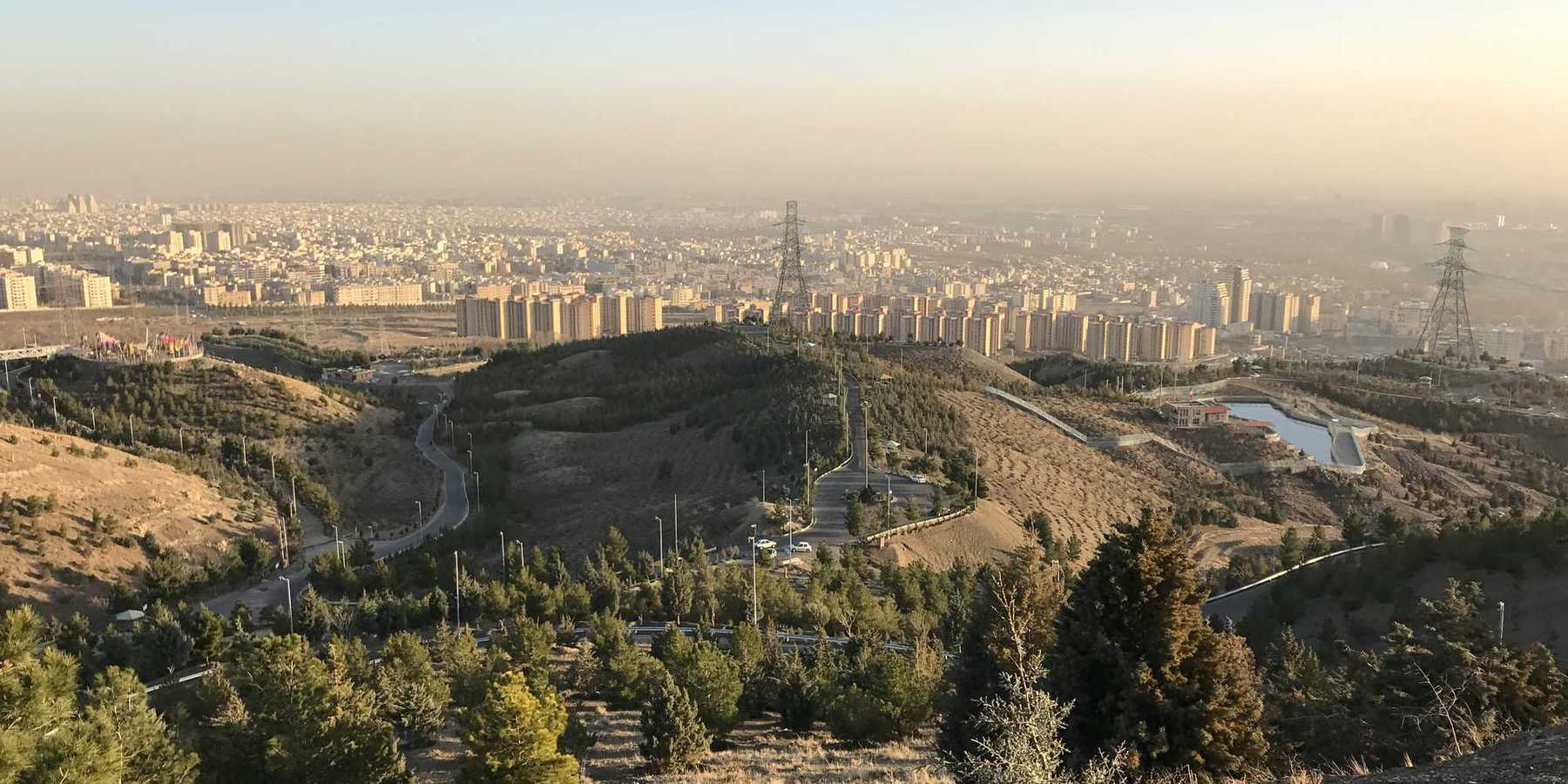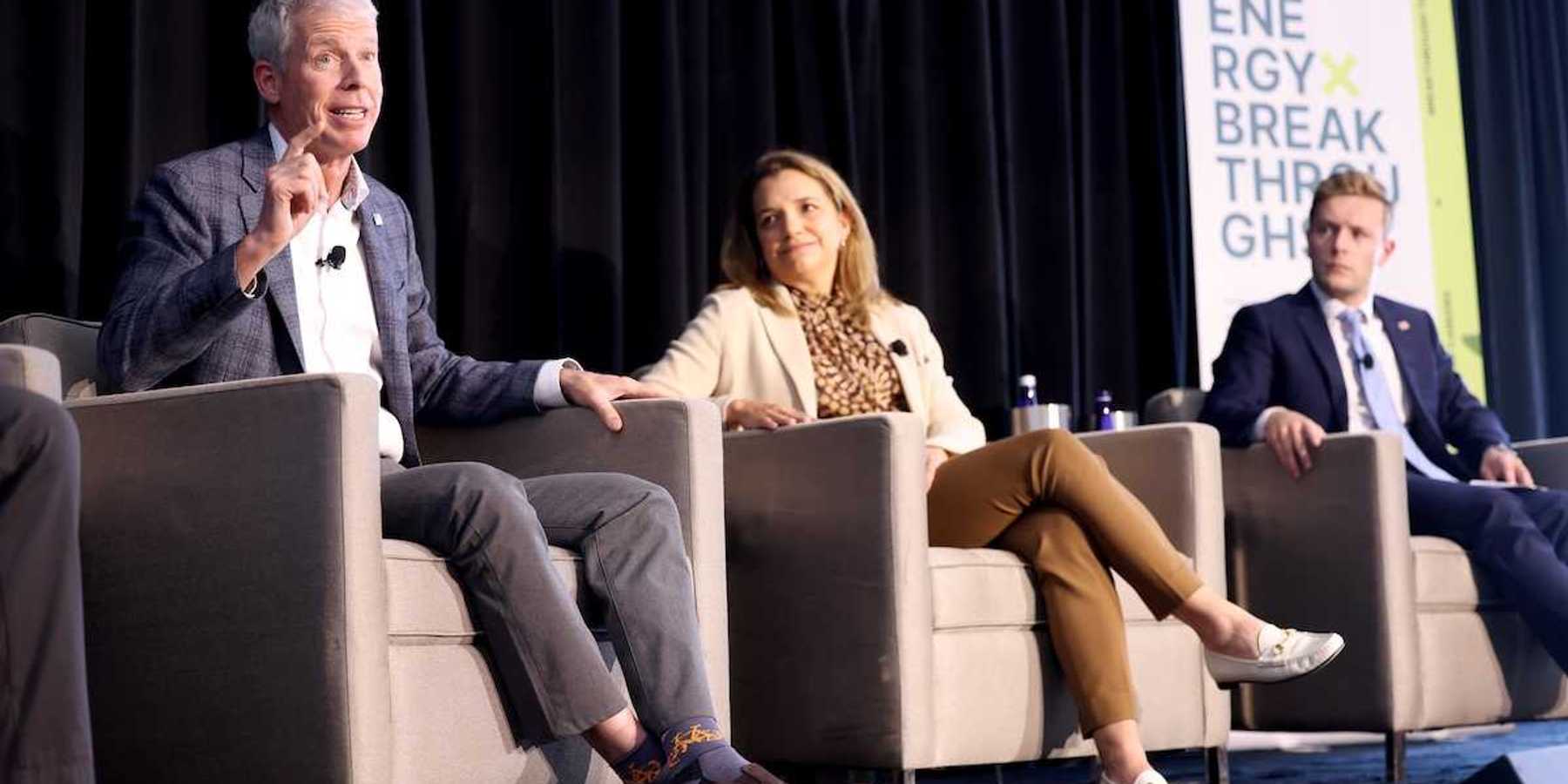lawsuit
Parents are learning how to discuss climate change with anxious children
As more kids express eco-anxiety, therapists encourage parents to validate their fears while guiding them toward hopeful action.
In short:
- Youth climate plaintiffs like Olivia Vesovich have sparked conversations on how climate change impacts mental health, especially for children.
- Therapists now recognize the emotional harm caused by eco-anxiety and “moral injuries” in children who feel betrayed by adults’ inaction.
- Educators and parents are developing resources to help kids navigate their fears while empowering them to take part in climate solutions.
Key quote:
“I felt paralyzed… like I couldn’t live my life, because I knew that every single action I took I was helping destroy the planet.”
— Olivia Vesovich, youth climate plaintiff
Why this matters:
Eco-anxiety in children can lead to long-term emotional consequences like cynicism and disconnection. Providing realistic, supportive conversations about climate change can help children process their fears and stay engaged in efforts for a sustainable future.
Related:
Citizens sue UK government for lack of climate adaptation measures
Three claimants are suing the UK government, claiming its climate adaptation plan fails to protect people and property from the escalating climate crisis.
In short:
- Claimants argue the government's third national adaptation program (NAP3) violates the Climate Change Act 2008.
- Kevin Jordan and Doug Paulley, both affected by climate change, claim the plan neglects their rights and exacerbates their vulnerabilities.
- The environmental group Friends of the Earth supports the case, emphasizing the need for clear, actionable objectives.
Key quote:
"The lack of planning makes me fearful that in an emergency, disabled people won’t be properly protected."
— Doug Paulley
Why this matters:
Inadequate climate adaptation plans can leave vulnerable populations, such as the elderly and disabled, at heightened risk. Effective measures are crucial to safeguard lives and property from worsening climate impacts.
Related EHN coverage:
A Maryland judge dismisses Baltimore's climate lawsuit against oil companies
A Baltimore judge dismissed the city's climate lawsuit against major oil companies, saying state courts cannot address global issues like climate change.
In short:
- Filed in 2018, Baltimore's lawsuit aimed to hold oil companies like Chevron, Exxon, and BP accountable for environmental damages.
- Judge Brown ruled that federal law, not state law, governs such global pollution-based complaints.
- Baltimore plans to appeal, arguing that the lawsuit addresses consumer fraud, not emission regulation.
Key quote:
"Global pollution-based complaints were never intended by Congress to be handled by individual states."
— Videtta A. Brown, Baltimore Circuit Court Judge
Why this matters:
This ruling sets a precedent that could limit state-level legal actions against oil companies for climate-related damages. It challenges efforts to hold fossil fuel industries accountable for their role in climate change.
Italian Supreme Court to rule on Greenpeace climate lawsuit against Eni
Greenpeace Italy and ReCommon have appealed to Italy’s Supreme Court to expedite their climate lawsuit against oil giant Eni, arguing a dismissal would hinder future climate litigation in the country.
In short:
- The lawsuit alleges Eni has knowingly contributed to global warming since 1970.
- Plaintiffs argue that Italian courts have jurisdiction to decide on climate cases involving national and international emissions.
- A dismissal could prevent future climate lawsuits in Italy, contrasting with recent European Court of Human Rights rulings.
Key quote:
“The climate crisis fueled by fossil fuel companies is here. We have seen it with soaring temperatures, we see it with extreme weather events.”
— Simona Abbate, Greenpeace Italy
Why this matters:
This case challenges the accountability of fossil fuel companies for climate change and the role of national courts in addressing global environmental issues. The outcome could set a precedent for future climate litigation in Italy and beyond.
Young Alaskans file lawsuit to halt massive gas export project
Eight Alaskan youths are suing the state over a $38.7 billion gas export project, arguing it violates their constitutional rights by exacerbating climate change.
In short:
- The Alaska LNG Project includes a gas treatment plant, an 800-mile pipeline, and a liquefaction plant, which will significantly increase the state's greenhouse gas emissions.
- Plaintiffs, aged 11 to 22, claim the project infringes on their rights to natural resources and protection from government overreach, as stated in the Alaska constitution.
- The lawsuit, filed by Our Children’s Trust, aims to prevent the state from proceeding with the project and establish a legal precedent for climate justice.
Key quote:
“The acceleration of climate change that this project will bring will affect what the land provides and brings to my culture.”
— Summer Sagoonick, lead plaintiff in the case and a member the Iñupiaq tribe
Why this matters:
This case illustrates the legal battles young people are waging to protect their future from the impacts of climate change. The outcome could set a significant precedent for environmental justice and state responsibility.
Be sure to read EHN’s related coverage:
Democrats challenge Biden's opposition to youth climate lawsuit
Congressional Democrats are calling out the Biden administration for its efforts to derail a pivotal youth-led climate lawsuit.
In short:
- A group of 29 Democratic Congress members and Sen. Bernie Sanders urges the Biden administration to halt its attempts to dismiss the Juliana v. United States climate case.
- They argue this legal battle is crucial for young Americans seeking to protect their constitutional rights against government inaction on climate change.
- The Department of Justice's actions to prevent the case from going to trial are deemed unprecedented and a silencing of youth advocacy for environmental justice.
Key quote:
"As decades of evidence in the record show, the political branches predominantly choose short-term economic gains rather than face the difficult task of solving the issue of climate change head-on."
— Congressional Democrats in an amicus brief
Why this matters:
Young voters have become a crucial demographic for the Democratic Party, often championing more radical solutions to climate change. Seeing the administration oppose a lawsuit that embodies their fears and hopes for the future might lead to disillusionment or decreased enthusiasm among these younger supporters, potentially affecting voter turnout and support.
Plaintiffs in Held vs Montana argue that: “We are entitled to a ‘clean and healthful’ environment. Montana’s policies are endangering that.”
Arizona GOP and commerce leaders contest EPA's stricter pollution standards
Arizona Republicans and the Chamber of Commerce are suing the U.S. Environmental Protection Agency over its latest pollution control measures, calling them unrealistic and economically harmful.
In short:
- The lawsuit argues that the new EPA rule, reducing air pollution limits, imposes undue burdens on Arizona's businesses and energy sector.
- Arizona faces specific challenges meeting these standards due to its current air quality and concerns over wildfire smoke contributions.
- The case is part of wider resistance against the EPA's environmental policies, with similar opposition emerging from other Republican-led states.
Key quote:
"This rule will create unnecessary hardships for job creators and hardworking Arizonans."
— Senate President Warren Petersen.
Why this matters:
At the heart of this dispute is the EPA's decision to tighten air quality standards, specifically targeting reductions in particulate matter pollution. Poor air quality disproportionately affects marginalized and lower-income communities, often those living near industrial sites, major roadways, or in areas with fewer environmental protections. Reducing particulate pollution can help address these disparities, leading to fairer and more equitable health outcomes across society.









